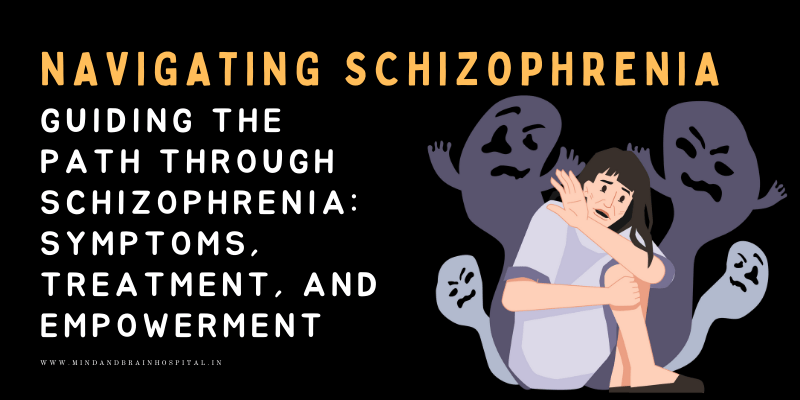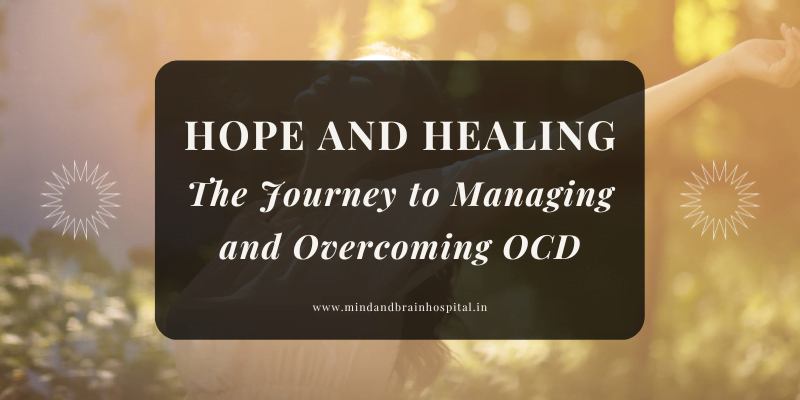Understanding Mental Health
Mental health is the foundation of our emotional well-being, empowering us to navigate life’s challenges, unlock our potential, excel academically and professionally, and enrich our communities. It’s an essential facet of overall health that underpins our capacity to make informed choices, cultivate meaningful relationships, and contribute positively to our society. Beyond that, mental health is a fundamental human right, playing a pivotal role in personal growth, community development, and socio-economic progress.
Mental health encompasses far more than the mere absence of mental disorders; it spans a diverse spectrum, experienced uniquely by each individual. The degree of difficulty and distress varies, leading to distinct social and clinical outcomes.
Mental health conditions encompass mental disorders, psychosocial disabilities, and other mental states characterized by significant distress, functional impairment, or a risk of self-harm. While individuals with mental health conditions often experience lower levels of mental well-being, this isn’t universally true.
Types of Mental Health Disorders:

- Anxiety Disorders
- Mood Disorders
- Schizophrenia Disorders
- Neurodevelopmental Disorders
Anxiety Disorders: People with these conditions grapple with intense fear or anxiety linked to specific objects or situations, often avoiding triggers that provoke anxiety.
Generalized Anxiety Disorder (GAD): GAD involves excessive worry or fear that disrupts daily life, leading to physical symptoms such as restlessness, fatigue, poor concentration, tense muscles, and disrupted sleep.
Panic Disorder: Individuals with this disorder contend with regular panic attacks, marked by sudden, overwhelming terror or a looming sense of disaster and mortality.
Phobias: Phobias manifest in various forms, including:
- Simple Phobias: Disproportionate fear of specific objects, scenarios, or animals, such as arachnophobia (fear of spiders).
- Social Phobia (Social Anxiety): Fear of judgment by others, often resulting in avoidance of social settings.
- Agoraphobia: Fear of situations where escape may prove challenging, often misconstrued as a fear of the outdoors.
Obsessive-Compulsive Disorder (OCD): OCD entails obsessions and compulsions, characterized by constant, distressing thoughts and a compelling urge to perform repetitive actions, such as handwashing, aggressive thoughts, or compulsive counting.
Post-Traumatic Stress Disorder (PTSD): PTSD may arise following intense, traumatic events, wherein individuals perceive threats to their own lives or the lives of others. This can trigger fear and a sense of helplessness.
Mood Disorders: Also known as affective or depressive disorders, these conditions involve significant mood swings, encompassing mania (heightened energy and joy) or depression. Examples include:
- Major Depression: Characterized by persistent low mood and loss of interest in previously enjoyed activities (anhedonia), leading to prolonged periods of sadness.
- Bipolar Disorder: Features unusual shifts in mood, energy levels, activity, and daily functioning, with manic and depressive phases.
- Seasonal Affective Disorder (SAD): Triggered by seasonal changes, typically commencing in late fall. Symptoms include sadness, low energy, loss of interest in usual activities, oversleeping, and weight gain. Treatment options include light therapy, talk therapy, and antidepressants.
Schizophrenia Disorders: This term encompasses a range of disorders marked by psychotic features and severe symptoms. Schizophrenia includes both positive and negative symptoms, with positive symptoms involving delusions, thought disorders, and hallucinations, while negative symptoms entail withdrawal, lack of motivation, and inappropriate mood.
Early Signs of Schizophrenia Disorders:
- Withdrawal from social circles
- Avoidance of previously enjoyed activities
- Altered sleep and eating patterns
- Feelings of hopelessness
- Sustained low energy levels
- Increased use of mood-altering substances
- Display of negative emotions
- Confusion
- Inability to perform daily tasks
- Persistent, recurrent thoughts or memories
- Thoughts of causing physical harm to self or others
- Auditory hallucinations
- Experiencing delusions
Neurodevelopmental Disorders: These disorders emerge during the developmental phase and result in significant difficulties in acquiring and executing specific intellectual, motor, language, or social functions. They include Autism Spectrum Disorder (ASD) and Attention Deficit Spectrum Disorder (ADHD).
Strategies to Enhance Mental Health:

- Nurturing a positive attitude
- Engaging in regular physical activity
- Extending a helping hand to others
- Prioritizing sufficient sleep
- Maintaining a balanced diet
- Seeking professional mental health support when necessary
- Socializing with cherished companions
- Cultivating and applying effective coping mechanisms to confront challenges
Mind and Brain Hospital stands as a haven for various cases, including anxiety, depression, psychosis-related disorders, schizophrenia, OCD, addiction cases, and scenarios featuring multiple diagnoses. Treatment modalities encompass psychotherapy, medication, hospitalization, self-help plans, peer support, rTMS, Biofeedback CBT, DBT, grounding techniques, and JPMR. Our dedicated team provides exceptional and compassionate care to individuals of all ages grappling with these conditions.
Author: Ashwini Kumari BS
References:


